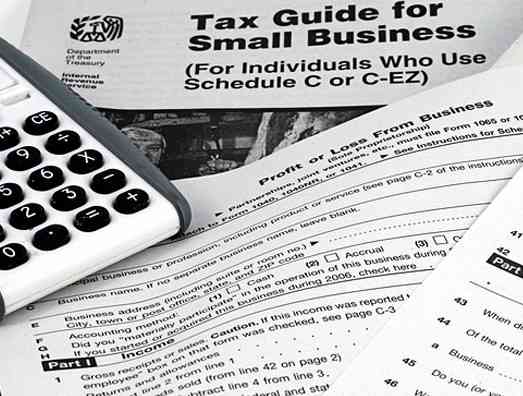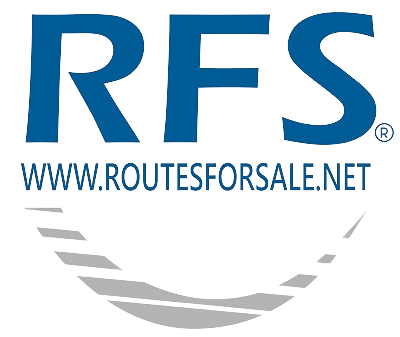
When it comes to evaluating a business for sale and determining a business’s true profit based off the evaluation of tax returns, there is sometimes confusion among buyers who are new to purchasing. First, a buyer must understand that the advantage of being self-employed and owning a business allows for considerable tax deductions to offset the business’s profit (EBITDA or Net Cash Flow) thus lowering the owners tax bracket. It’s important to understand that these deductions do not affect the owner(s) true income (owner’s benefit), but rather it lowers the amount of taxes paid on the overall profits due to lowering the cash flow/net income. In other words, the final number you see on the tax returns is not a representation of the business’s true income.
Routes For Sale® offers the following explanation when evaluating a business for sale or purchase:
Cash Flow After Taxes (CFAT): by definition, is a measure of financial performance that looks at the company’s ability to generate cash flow through its operations. It is calculated by deducting non-cash (intangible) charges such as amortization, depreciation, interest, restructuring costs and impairment to net income. In many cases this can also include standard deductions such as meals and entertainment, gifts, personal cell phones, travel and more. In a lot of cases, these were expenses the owner would normally incur personally, but also structured and incorporated them into their day to day business operations so they could deduct them. Again, the final number you see on the tax returns is not a representation of the business’s true income.
Before Tax Cash Flow (EBITDA): EBITDA stands for earnings before interest, taxes, depreciation and amortization. This is the business’s true income or owner benefit. This is the amount of money generated after collection of all revenues and payment of all bills, but without taking the standard deductions for depreciation or other non-cash items and before calculation of income tax consequences. In this scenario, items such as amortization, depreciation, interest, meals and entertainment, gifts, personal cell phones, travel, and more should be added back to the bottom line. This is how most businesses are evaluated when determining an owner’s true income and determining a selling price when placed on the market for sale.
Disclaimer: The above is an opinion offered by Routes For Sale®. When considering a business purchase it is the prospective Buyer’s duty and obligation to verify the accuracy of the Seller’s representations and if necessary, retain attorneys, accountants, business appraisers, or other professionals. As with any business a new owner can make more or less based on individual efforts.
For additional Business Consulting Services with one of our Route specialists Request A Consultation Here.

 Chat
Chat




Recent Comments